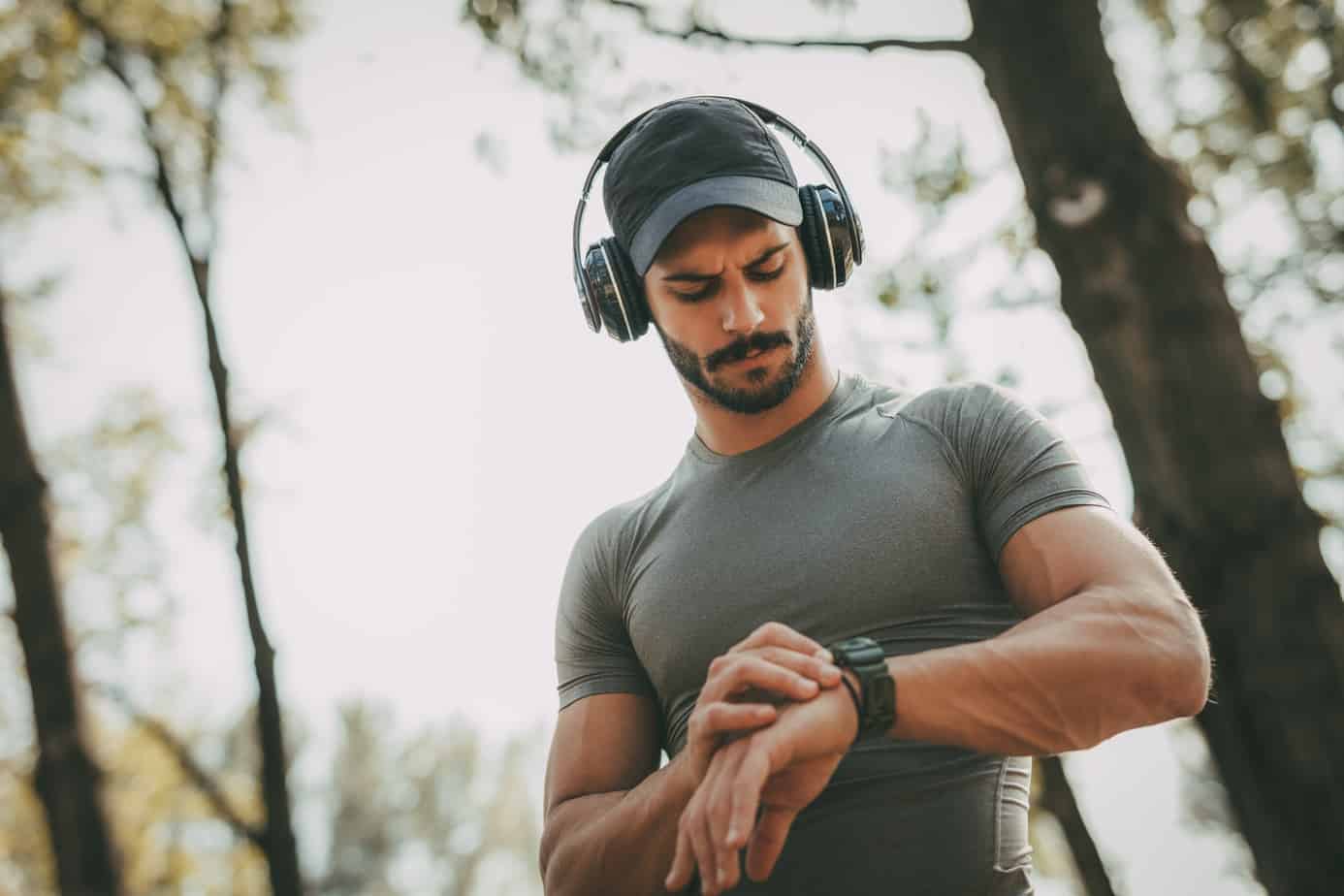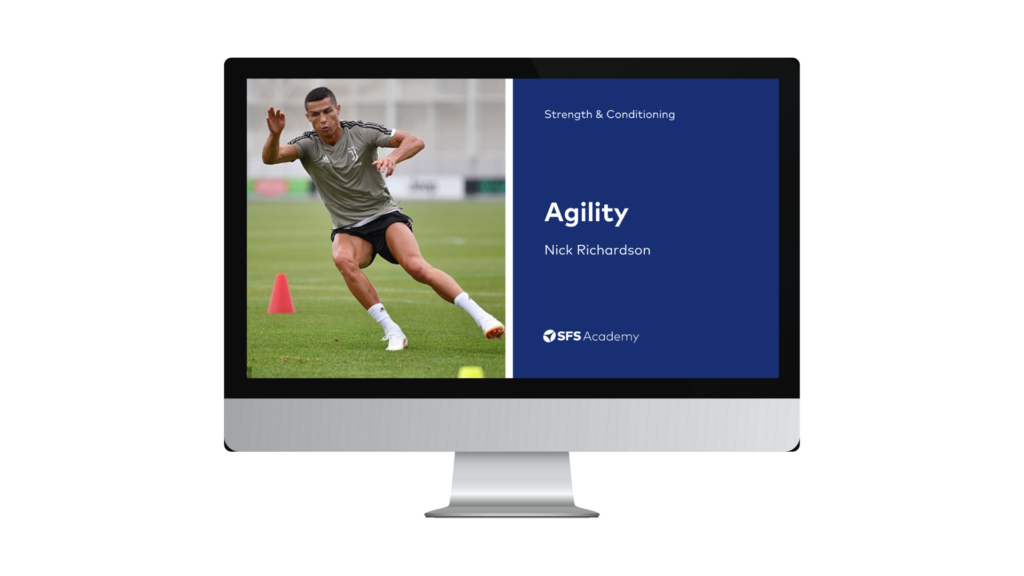Morning lark or night owl? The science behind workout timings
Most people generally have a preference for when they want to work out, but does the timing of your exercise really matter?
Contents
- Exercise timing is everything … right?
- Circadian rhythm – our body’s internal clock
- Exercise activity during late afternoon/early evening
- Exercise activity during morning
- The verdict on exercise timing
Exercise timing is everything … right?
I’m sure many athletes, from weekend warriors to those at the elite level, often ponder to themselves ‘does it make any difference if I train in the morning, afternoon, evening, or at night?’. Most people generally have a preference for when they want to work out, but does the timing of your exercise really matter?
Firstly, it is important to understand circadian rhythm before discussing the impact specific times of day have on workouts.
Circadian rhythm – our body’s internal clock
As humans, our body functions are dependent on the time of day. Typically, we rest at night during the darkness and perform everyday activities during the brightness of the day. From centuries of human evolution, the human body has developed an internal 24-hour clock that monitors and controls physiological functions such as sleep, hormonal secretion, and body temperature. This clock is known as the circadian clock, or the circadian rhythm the body follows throughout the 24-hour cycle. For example, melatonin, a sleep hormone, will be highest in the night when the circadian clock prepares the body for sleep. Whereas during the day, melatonin secretion will be much lower.
The circadian rhythm creates a powerful physiological routine, and it’s very difficult to adjust. For example, jet lag often happens when the circadian clock is disrupted by travelling across different time zones. Therefore, it is advised to give athletes the necessary days of acclimatisation if they are competing in a different time zone so their circadian rhythm will synchronise with local time. A general estimation is a one-day acclimatisation for every time zone passed. Interestingly, some research highlights travelling eastwards across the time zones may take longer to adjust than travelling westward.

Exercise activity during late afternoon/early evening
Various body functions have been shown to change relative to the time of the day. During the circadian cycle, body temperature peaks in the later afternoon. With increased body temperature, metabolic functions are enhanced, the extensibility of connective tissue is increased, and the conduction velocity of action potentials is quicker. As a result of this, the body is in an optimum position for strength and power training.
Research has shown handgrip strength, bench press and squat performance are significantly greater during the evening time. Typically, daily performance variations in power and strength workouts can range between 3-15 % between morning and evening workouts. Therefore, it appears workouts involving traditional strength training exercises and/or power movements are optimum later in the day when core body temperature is at its peak. Core body temperature tends to be at its highest between 2 pm-6 pm and exercising during this time is optimum for best performance.
But exercising later in the night may hinder sleep quality because it is harder to sleep with an increased heart rate and core body temperature. If late night is the only time you can fit in a workout, selecting less vigorous exercise such as yoga and avoiding high-intensity exercise is suggested.
Performing in sports that rely heavily on athletic capabilities such as strength and power is optimum during the afternoon/evening. It is very common for swimmers to record faster times in evening races than in morning races. Technical skills such as juggling, chipping accuracy, and dribbling ability in soccer are all enhanced during the afternoon when compared with the morning. Serving speed in tennis and serving accuracy in badminton are significantly better in afternoon/evening practice compared to morning practice.
For endurance or aerobic exercise performance, the research is less abundant. Performance tends to be greater later in the day, but this is heavily dependent on motivation and correct fuelling. Let’s face it, very few of us are super motivated to get up and eat a substantial meal at 4 am to fuel up for a long endurance workout at 6 am on a cold dark morning! More research is certainly needed before a conclusion can be drawn on exercise timing for endurance training.
Exercise activity during morning
Most research outlines exercising in the late afternoon or evening is optimum for athletic performance, but morning training should not be completely dismissed. Depending on a person’s lifestyle, morning training might be the most convenient or perhaps the only period of the day they can work out or exercise. Especially for the recreational exerciser, performing some workout or exercise regardless of activity timing is better than nothing. However, some evidence suggests exercise timing for people trying to lose weight may potentially be superior in the morning. Muscle cells seem to be more effective at metabolising sugar and fat during the morning time, potentially leading to greater fat loss. Therefore, morning exercise could be an effective strategy for people with obesity and/or type two diabetes.
How a person performs in a morning workout may depend heavily on their sleep chronotype. Every person has a diurnal preference, meaning individuals have their unique preference for activity timing. This preference results in disparities between individual biological clocks, and people are often referred to as ‘larks’ and ‘owls’ depending on their preference. Genetic predisposition determines an individual’s preference. If you fall asleep easily around 10 pm and wake up feeling alert around 6 am, it’s a good sign that you are a lark. If you find it difficult to fall asleep before 1 am and find functioning during early morning challenging, you are likely an owl. Larks tend to experience morning peaks and evening troughs in circadian rhythm, whereas owls experience the reverse. Therefore, a lark would be better suited to morning exercise than an owl.
Interestingly, work from Facer and Branstaetter challenges existing research, portraying that individual differences between larks and owls have not been significantly examined. Facer and Branstaetter believe when analysis of individual athletes’ sleep chronotype, diurnal preference, and performance testing are considered, there is a less clear advantage for late afternoon/evening exercise. Therefore, scheduling workouts based on the individual’s circadian rhythm may be an option to consider.
For athletes who compete at a certain time of day, it is a good idea to schedule training and workouts at a similar time. It is irrational to expect an athlete to perform to their optimal potential in an early morning event if their training sessions are all during the evening.
The verdict on exercise timing
Based on the research, late afternoon/evening exercise is superior to morning exercise, particularly for strength and power activities. Circadian rhythm tends to peak between 2 pm-6 pm, and the body is in optimum condition for best physical performance. However, morning exercise is still superior to no exercise at all, especially for recreational exercisers and perhaps for those with conditions such as obesity and Type 2 Diabetes.
More research needs to be completed on the impact different sleep chronotypes and diurnal preferences have on exercise timing. However, it is advised strength and conditioning coaches and sports coaches should schedule late afternoon/evening workouts over the morning if the option is available.
[optin-monster-shortcode id=”czosk0qsqzzsryj6gwot”]




